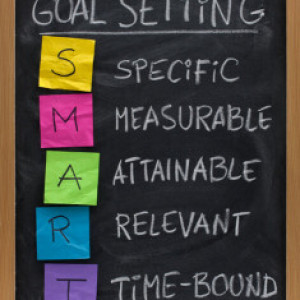How To Do Estimation For Project Development
Project Estimation involves determining how much time and resources will be required to complete the project. There are several factors to consider when making these estimates, including:
-
The complexity of the project: Projects with more complex features and functionality will typically take longer to develop than simpler projects.
-
The size of the project: Larger projects will generally require more time and resources to complete than smaller projects.
-
The experience and skills of the development team: A team with more experience and expertise will likely be able to complete the project faster and more efficiently than a less experienced team.
-
The availability of resources: If certain resources are limited or unavailable, this can impact the project's timeline.
To begin the estimation process, it's important to have a clear understanding of the project's scope and requirements. This includes a detailed project plan that outlines all of the tasks that need to be completed and any dependencies between those tasks.
Once you have this information, you can use a variety of techniques to estimate the project's timeline and resource requirements. Some common techniques include:
-
Expert judgment: This involves relying on the experience and expertise of team members to make estimates.
-
Analogous estimation: This involves using the data from similar past projects to make estimates for the current project.
-
Three-point estimation: This involves creating estimates based on the best-case, most likely, and worst-case scenarios for each task.
-
Planning poker: This is a technique used in agile development that involves having team members assign relative sizes to tasks based on their complexity and then arriving at a consensus estimate.
Once you have made your estimates, it's important to regularly review and update them as the project progresses and new information becomes available. This will help ensure that your project stays on track and that you have a realistic understanding of the resources and timeline required to complete it.




